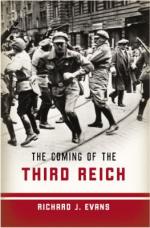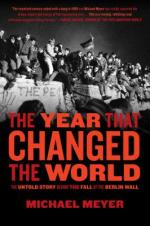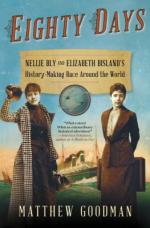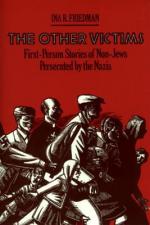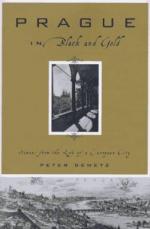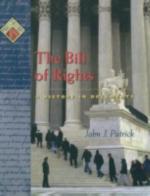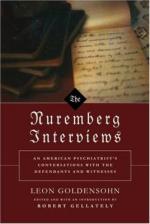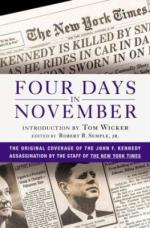November 1, 2019 | SuzyQ
November 8, 1923. Hitler's "Beer Hall Putsch" in Munich took place, wherein Hitler, Goering and armed Nazis attempted, but ultimately failed, to forcibly seize power and overthrow democracy in Germany.
November 9 -10, 1938. Kristallnacht ("the night of broken glass") took place in Germany as Nazi mobs burned synagogues and vandalized Jewish shops and homes.
November 9, 1989. The Berlin Wall was opened after standing for 28 years during which it completely cut off West Berlin from Eastern Germany. The almost 28 mile long wall had been built in 1961.
November 14, 1889. Newspaper reporter Nellie Bly set out from New York to beat the record of Jules Verne's fictional hero Phileas Fogg, who famously traveled around the world in 80 days. And, another young woman reporter, Elizabeth Bisland, set off at the same time to see who could accomplish the feat first.
November 15, 1943. Heinrich Himmler ordered Gypsies and part-Gypsies to be sent to concentration camps. The number of Gypsies killed by Nazis is estimated up to 500,000.
November 15, 1969. The largest antiwar rally in United States history took place as 500,000 persons gathered in Washington, D.C., to protest the Vietnam War. Organized by the Vietnam Moratorium Committee, speakers included Eugene McCarthy and George McGovern.
November 15, 1558. Queen Elizabeth I ascended to the throne of England at the age of 25, reigning until 1603. Under her leadership, England became a world power and witnessed a golden age of literature.
November 17, 1734. New York Weekly Journal publisher John Peter Zenger was arrested and charged with libeling the colonial governor of New York. In his trial, held in August of 1735, truth was successfully used as a defense against libel, an important early step toward freedom of the press in America.
November 17, 1989. Thousands of protesters marched through the streets of Prague demanding an end to Communist rule in Czechoslovakia. Riot police and army paratroopers then moved in to crush the revolt.That sparked a series of demonstrations from November 19 to late December. By November 20, the number of protesters assembled in Prague had grown from 200,000 the previous day to an estimated 500,000. On November 24, the entire top leadership of the Communist Party resigned.
November 17, 1993 The United Nations opened its first war crimes tribunal since the Nuremberg and Tokyo trials at the end of World War II. Judges from 11 nations were sworn in to examine recent mass murders in Yugoslavia characterized as ethnic cleansing.
November 19, 1493. Puerto Rico was discovered by Columbus during his second voyage to the New World.
November 19, 1978. The biggest mass suicide in history occurred as Reverend Jim Jones led over 900 followers to their deaths at Jonestown, Guyana. Members of his "Peoples Temple" religious cult were ordered to drink a cyanide-laced fruit drink, while those who refused were forcibly injected.
November 20, 1789. New Jersey became the first state to ratify the Bill of Rights.
November 20, 1945. The Nuremberg War Crime Trials began during which 24 former leaders of Nazi Germany were charged with conspiracy to wage wars of aggression, crimes against peace, war crimes, and crimes against humanity.
November 22, 1963. President John F. Kennedy was assassinated in Dallas, Texas.
November 24, 1859. Charles Darwin's book On the Origin of Species by Means of Natural Selection was published,
November 26, 1940. Nazis began walling off the Jewish Ghetto in Warsaw, sealing in 400,000 inhabitants while denying them adequate food, sanitation and housing.
November 28, 1520. Explorer Ferdinand Magellan passed through the strait located at the southern tip of South America, thus crossing from the Atlantic Ocean into the Pacific and circumnavigating the globe.
